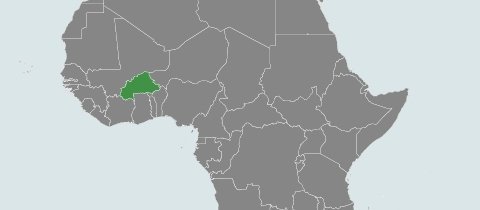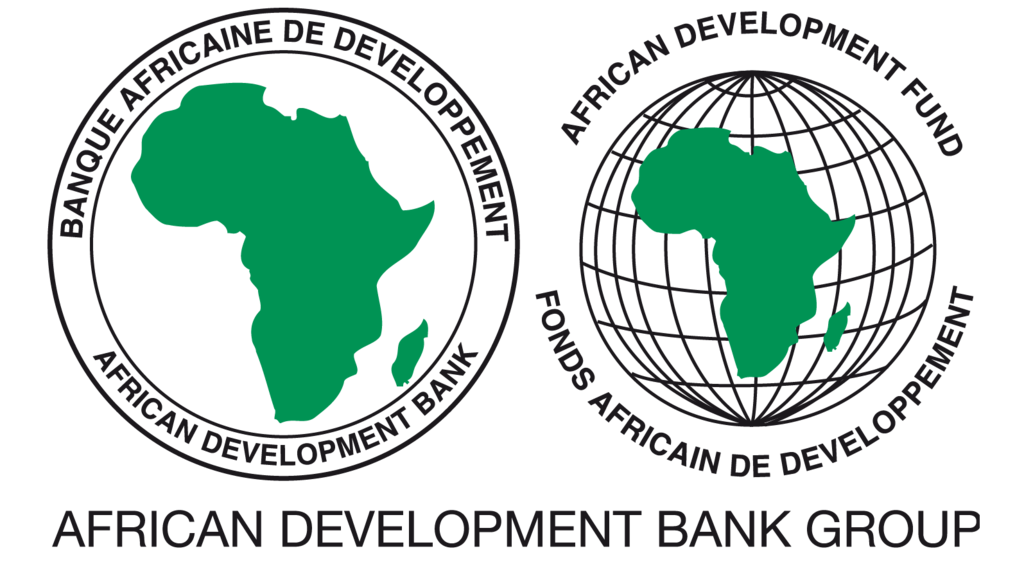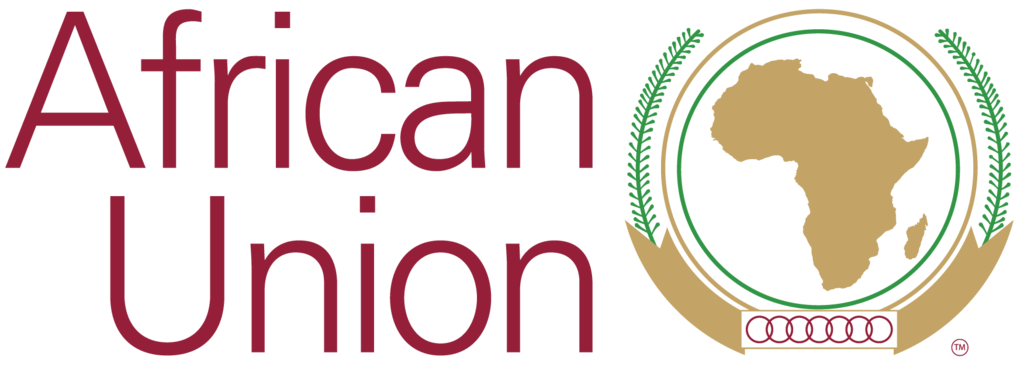At a glance
Burkina Faso is one of the least electrified countries globally, currently at 19% overall, with 60% of the urban and only 3% of the rural population connected to electricity. Access to non-solid fuels is also very limited, reaching around 8% nationally.
The country is facing a rapid increase in demand domestic energy and other sectors including those of industry, transport and urban domestic demand. Coverage of these requirements is assured primarily by traditional biomass and butane gas for use relating to domestic cooking. Due to the strong pressure on forest resources, the sustainability of this potential becomes problematic.
In Burkina Faso, the existing reference frameworks in the field of energy are contained in the
Strategy for Accelerated Growth and Sustainable Development (SCADD 2011-2015) and the Energy
Sector Policy 2014-2025. One of the key objectives of the SCADD is to increase the use of national energy resources and improve the efficiency of energy consumption. The strategy document also pays particular attention to the development of renewable energy including solar energy. The National Action Plans process is seen as a means to operationalize initiatives and projects in the areas of RE and EE.
The country is an ECOWAS member and, with the rest of the region, adopted a concerted approach to the implementation of the SEforAll Country Action, with the development of the Action Agenda alongside the Renewable Energy and Energy Efficiency Action Plans, and their formal adoption. The Objectives envisaged by the government are to reach a global 95% electricity access (50% in rural areas) and universal access to clean cooking solution in urban areas (65% in rural areas) by 2030. The Government also set a target of 50% Renewable Energy in the electric mix by 2030 (without biomass).
The SEforAll implementation is followed by a focal point in the Ministry of Mines, Quarries and Energy
Location

Country contacts
Yameogo Jean de Dieu -
Ministere des Mines, des Carrieres et de l'Energie
| SEforAll Action Agenda Objectives | 2030 |
|---|---|
| Electricity Access, national | 65% |
| Access to clean cooking, national | 32% |
| Renewable Energy Output | n.a. |
| Renewable Energy Consumption | n.a. |
| Energy Efficiency | n.a. |
| Country Action Documents | Status |
|---|---|
| Rapid Assessment | Finalized |
| Action Agenda | Finalized |
| Investment Prospectus | Under development |
Documents
Country statistics
| Series | 2010 | 2012 | 2014 | 2016 |
|---|---|---|---|---|
| Access to electricity (% of population) | 13.1% | 16.3% | 19.2% | 19.2% |
| Urban (% of urban population) | 48.5% | 53.5% | 58% | 60.7% |
| Rural (% of rural population) | 1.4% | 2.3% | 3% | 0.8% |
| Access to clean fuels and technologies for cooking (% of population) | 6.0% | 6.5% | 7.0% | 8.9% |
| Population, total | 15.6 Million | 16.6 Million | 17.6 Million | 18.6 Million |
| Renewable energy consumption (% of total final energy consumption) | 83.7% | 77.6% | 76.5% | - |
| Renewable electricity output (% of total electricity output) | 20.8% | 15.4% | 10.4% | - |
| Electric power consumption (kWh per capita) | - | - | - | - |





